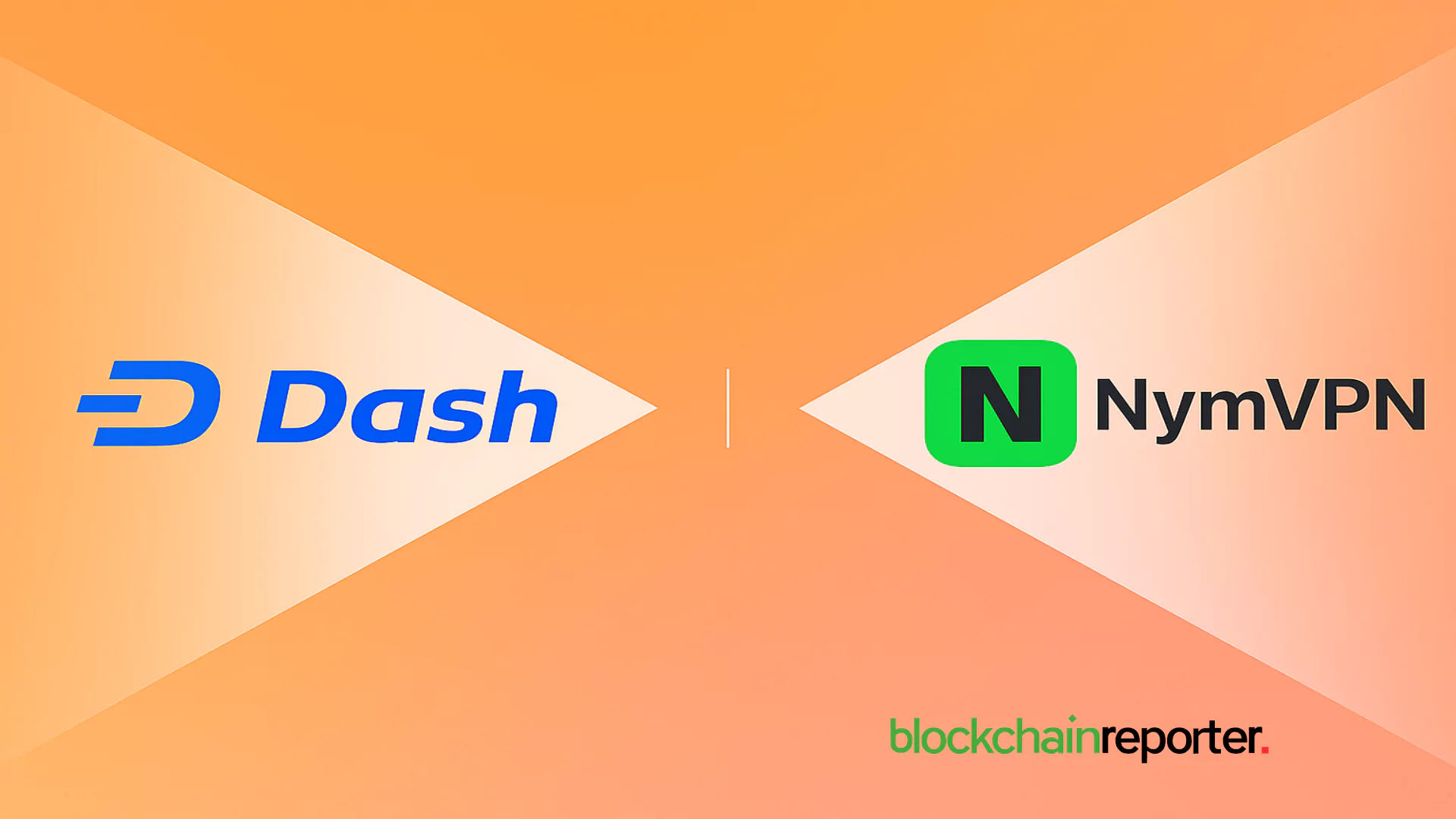Google Cloud sparks backlash with ‘private and permissioned’ L1
Google’s new Layer1 platform faces heavy criticism from the crypto community. Dubbed GCUL, the platform is meant to facilitate cross-border payments and asset settlements through a distributed ledger.
- Users on X criticized Google’s upcoming L1 for being a permissioned and private system.
- The platform plans to be more open in the future and aims to simplify cross-border payments and asset settlements through a distributed ledger.
In its main blogpost, Google Cloud’s blockchain is described as a “private and permissioned system” which leverages Google’s technology. These are principles that go against the decentralized and permissionless values the crypto community is built upon.
“GCUL offers significant benefits to both clients and financial institutions. Clients experience near-instant transactions, especially for cross-border payments, along with low fees, 24/7 availability, and payment automation,” wrote the company.
Even though the announcement claims it plans to make the blockchain more open overtime, traders on X criticized the company for launching a blockchain that seems to oppose the core principles of crypto.
“It’s a permissioned chain, ran by an American corporation with close ties to the government. I don’t think these people understand what “credibly neutral” means in the context of blockchains,” said one trader.
“Fully centralized? Then they shouldn’t even call it blockchain,” said another X user.
The polarizing project invited comments from the CEO of StarkWare Industries Eli Ben-Sasson as well as co-founder of crypto investment firm DBA, Jon Charbonneau who had first heard of the project.
“I think corporations doing L1s is ngmi [not gonna make it]. Including base. I know this is a contentious opinion. But reminding you I said the same about Diem,” said Ben-Sasson.
Details surrounding Google Cloud’s upcoming L1
In a recent LinkedIn post, Head of Web3 strategy at Cloud, Rich Widmann, dropped details about the project that is still in its private testing phase. According to Widmann, the Layer1 blockchain is designed to enable Python-based smart contracts.
“As a product leader in crypto, you know that if you’re building a Layer 1 it has to be differentiated,” said Widmann in his post, which compared the ledger to the likes of Stripe and Circle.
In addition, the platform claims to be “credibly neutral” as to enable any financial institution to make use of it to build on-chain infrastructure.
At the moment, the L1 blockchain is still in its testing phase. However, its announcement implies that it will be opened to the full Google user base and “100s of institutional partners.”
According to the blogpost, GCUL will be aimed at simplifying the management of commercial bank accounts and facilitating cross-border transactions through a distributed ledger. It plans to integrate multiple currencies and assets, eliminating the need to build additional infrastructure.
Another highlighted feature it claimed to have was transaction fees that remain stable and are invoiced to the user on a monthly basis. All the while, it criticized other crypto protocols for having “volatile upfront crypto gas fees.”
At the moment, the company has yet to reveal a set date for when the project goes public.
Vous aimerez peut-être aussi

Bitcoin Eyeing $160K Christmas Miracle with Typical Q4 Surge!

10 Best Bitcoin & Crypto Gambling Sites Ranked in 2025
